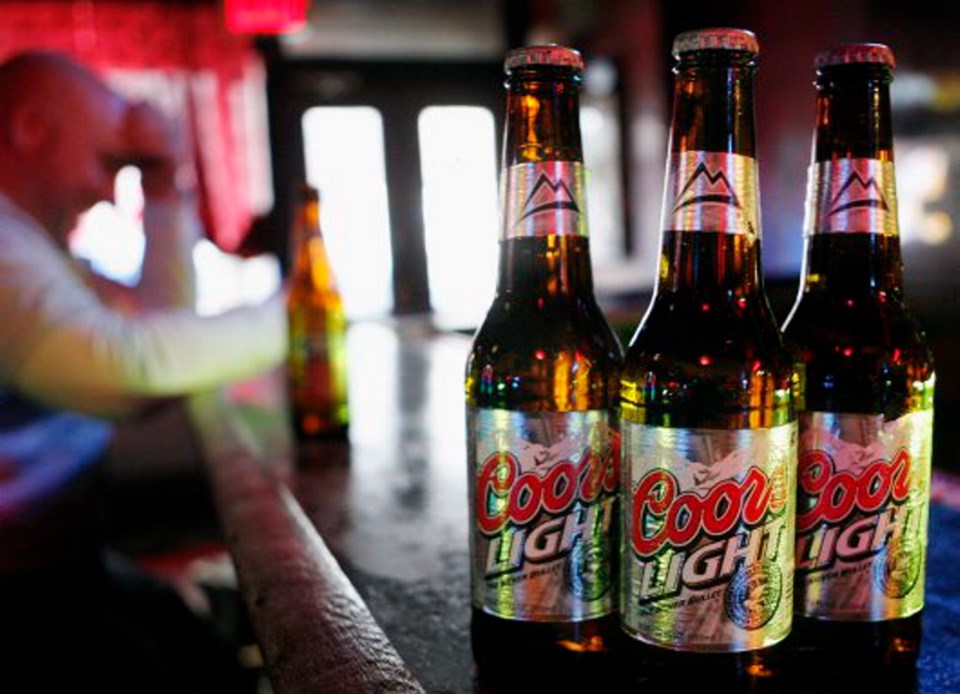Bernice Kamano knows severe alcoholism is harming — often killing — First Nations people on the streets of Victoria.
“I see it every day,” said Kamano, a support worker with the Aboriginal Coalition to End Homelessness.
“The majority of people I work with are alcoholics or have some form of addiction, but they are the least likely to reach out for help,” she said, citing the inter-generational effects of residential school abuse and foster care as the most common sources of trauma.
“They are so broken.”
Kamano said she is interested to hear how University of Victoria researchers are looking at how managed alcohol programs can help alcoholics and their communities.
Managed alcohol programs generally include those who have had no success with abstinence-based programs, are homeless and drink substances such as Listerine and rubbing alcohol.
Participants live in a shelter and are given doses of alcohol — usually small glasses of sherry or beer — based on need. The goal is to monitor and reduce alcohol use while addressing other health and lifestyle issues.
Bernie Pauly and Tim Stockwell from the UVic-based Centre for Addictions Research B.C. will present findings from their national study on Friday at the Greater Victoria Public Library downtown.
The event, part of the Dean’s Lunchtime Lecture Series, starts at 12:30 p.m.
Pauly said her research shows managed alcohol programs can significantly improve the health, safety and lives of severe alcoholics — namely those on the streets.
“The affects are profound. We see people drinking less, making different choices, connecting with family,” Pauly said. The research included six sites and 400 participants — half in programs.
She and Stockwell have spoken extensively about their research across Canada and internationally, but this is the first public talk in Victoria.
Stockwell said there no managed alcohol programs on the Island that he knows of.
“It’s a bit controversial for some,” he said. “But I do see it receiving serious consideration in the future.”
According to a 2016 coalition report, a disproportionate number of aboriginal people are homeless in the city: First Nations make up 32 per cent of homeless people but represent only five per cent of the general population.
A Megaphone 2016 report on homeless deaths said about 15 per cent were aboriginal, but noted this was likely low due to a lack of data from the B.C. Coroners Service.
Most days, Kamano walks from shelters to various sidewalk spots downtown to check on homeless aboriginals, often buying a few lunch out-of-pocket.
She said that while alcoholism among aboriginals is acknowledged enough to be a damaging stereotype, it has not been taken seriously as an area of study or rehabilitation.
“There is never any research to back up what we know or verify what is happening. … I want people to understand why my people are sitting in alley with a bottle of Listerine,” she said.
“The expectation of people to be able to manage stabilization in 30 days [of detox] is impossible. The whole concept of managed alcohol will allow them to become stable in time and get help.”
• Registration for Friday’s talk is through UVic Continuing Studies. Call 250-472-4747 or go to continuingstudies.uvic.ca.



